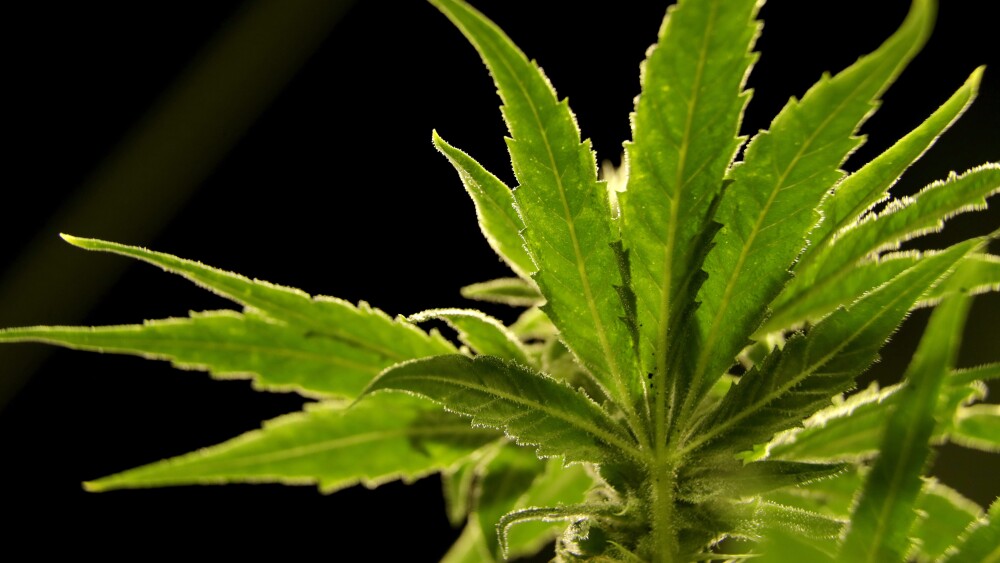By Joanna Putman
Police1
JACKSONVILLE, Fla. — As the November vote approaches, law enforcement agencies in Florida are preparing for the challenges that could follow the legalization of marijuana, particularly when it comes to impaired driving, Action News Jax reports.
A recent University of North Florida poll showed 67% of voters were in support of the amendment, according to the report.
Lieutenant Channing Taylor of the Florida Highway Patrol, a certified drug recognition expert, expects an initial spike in intoxicated driving incidents if the amendment passes.
“People are going to experiment,” Taylor told Action News Jax.
Taylor explained that detecting marijuana impairment is more complex than testing for alcohol. The intoxicating chemical in marijuana, THC, can remain in a person’s system for weeks, making it difficult to determine if someone is actively impaired.
| RELATED: Why ‘green labs’ should be incorporated into impaired driver training
Law enforcement agencies are considering various testing methods, such as oral swabs, urine tests and blood tests, with blood testing being the most accurate, according to the report. However, Florida has yet to set a legal limit for THC impairment, unlike other states that have adopted specific nanogram levels.
Taylor emphasized that public messaging on the dangers of driving while high will be crucial.
“The part I don’t enjoy is knocking on the door and saying your loved ones died in an impaired-related crash…impaired driving is 100 percent preventable,” he said.
To address these concerns, Taylor believes increasing the number of officers trained as drug recognition experts would be beneficial. Currently, Florida has 340 certified experts, but that number may need to grow if marijuana is legalized, according to the report.
State lawmakers will also need to determine whether to ban all levels of THC impairment or adopt a specific limit similar to alcohol, according to the report. As law enforcement prepares, the public will ultimately decide the fate of Amendment 3 in the upcoming vote.






